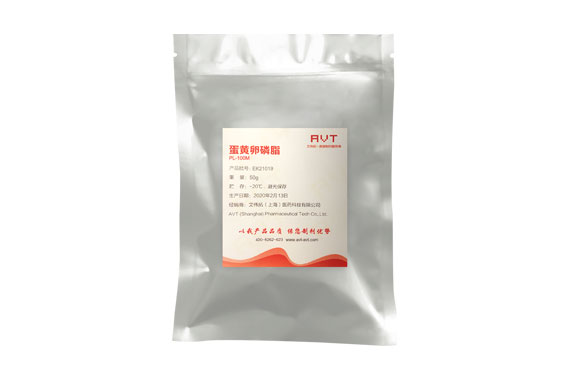93685 90 6 EGG YOLK LECITHIN CAS NO.: 93685 90 6

Opis produktu
Emulsification efficacy of lecithin from egg yolk cas no.:93685 90 6 is a critical factor to the quality of lipid emulsions. Better emulsification ability is an important basis for selecting egg yolk lecithin emulsifier in the development of lipid emulsions.
CAS NO.: 93685 90 6 EGG YOLK LECITHIN HEALTH BENEFITS
Egg yolk lecithin benefits are as followed.
Egg yolk lecithin granules is used as emulsifier in nutritional and therapeutic injectable lipid emulsions, presenting excellent emulsifying properties and ablity to enhance the emulsion stablity.
The egg yolk lecithin emulsifier is soluble in soybean oil at 60°C, which is easy to process in preparation.
The organic egg yolk lecithin keeps the emulsion in a relatively stable particle size and pH, and prolongs the validity period of the emulsion.
Egg yolk lecithin emulsifier helps your body digest fats and cholesterol. It also provides nutrients that help to keep the liver healthy. In addition, lecithin in eggs has been shown to reduce high cholesterol levels in many people.
HOW MUCH LECITHIN IS IN AN EGG YOLK?
Is lecithin in egg yolk or white and how much lecithin is in an egg? What is the lecithin content of egg yolk? The amount of lecithin content in egg yolk depends on the type of egg and the size of the yolk. The average large egg contains about half a gram of lecithin, which is roughly three thousand micrograms.
Lecithin is a naturally occurring substance found in egg yolk. It is a fatty phospholipid and is manufactured using oil and soybeans. Extraction of lecithin from egg yolk works as an emulsifier and helps other ingredients mix together evenly in your food.
Lecithin consists primarily of phospholipids and glycolipids, two types of lipids that are both important constituents of cell membranes. These molecules play crucial roles: they regulate membrane permeability (how easily substances can pass through) while also stabilizing internal fluidity within cell membranes so they stay intact during normal metabolic processes.
A single egg yolk contains around 300 milligrams of cholesterol, which is roughly 100 percent of the recommended daily intake. And the isolation of cholesterol and lecithin from egg yolk is often used in modern pharmaceuticals.
If you want to know more applications of excipients used in injections, please visit our website.

